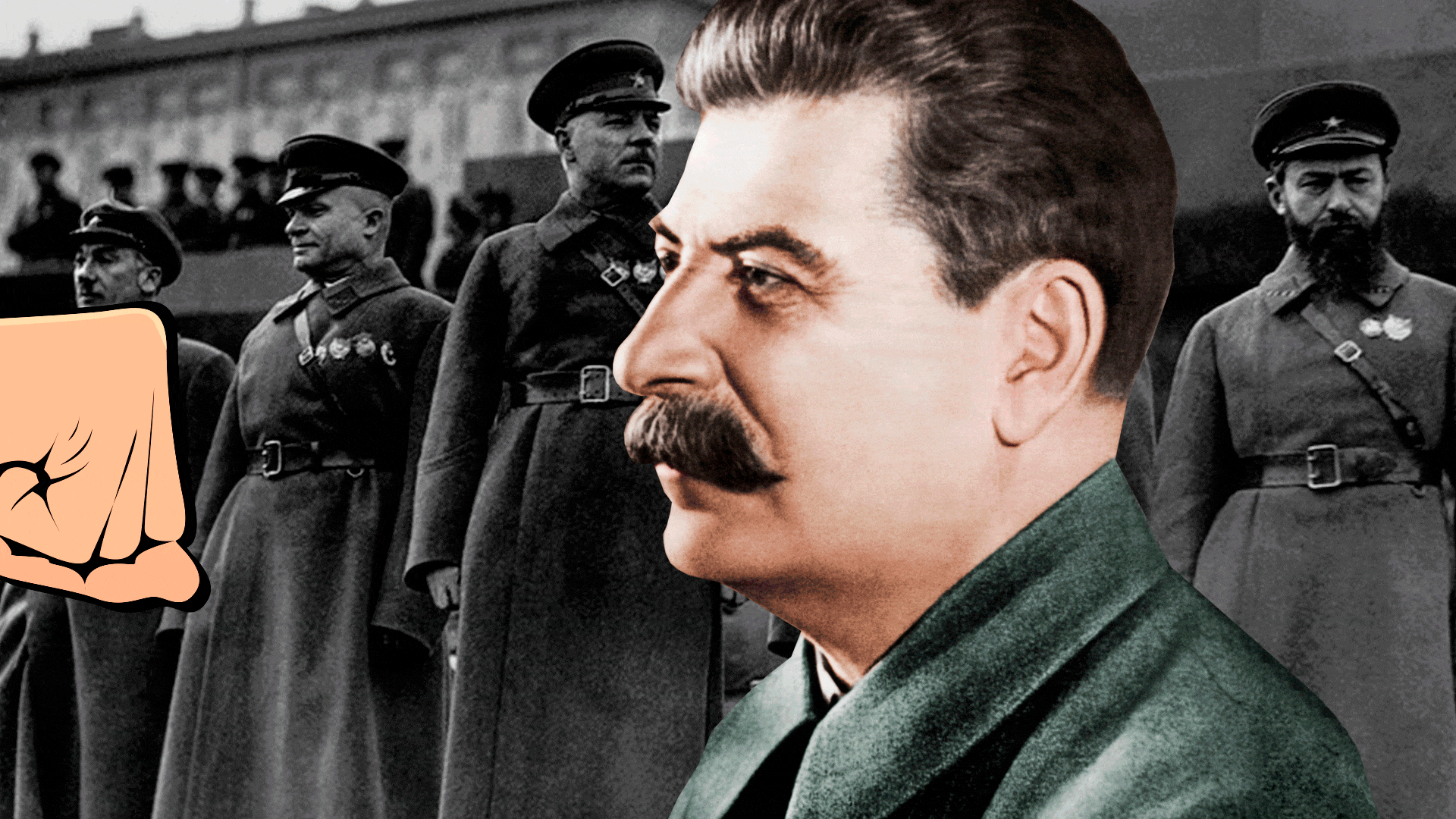While researching WW2 and the pivotal decisions that were made, a common theme within the Russians strategy started to appear. On at least a couple of occasions, their leader at the time (Stalin) wasn’t able to think for the long term goal and as a result, paid long term consequences.
The first example of this is Stalin’s pre-war genocide. Before WW2, Stalin decided it would be a good idea to kill a bunch of farmers who he did not trust, in the short term this gave a terrible impression to the people, famines in Ukraine and mass public upset. This may seem bad enough but other consequences run deeper. After WW2, the Russians emerged victorious and at least in my opinion, could have taken over a war-torn Europe with ease. The problem was the demoralization and wear that non-stop fighting from WW2 had caused, compounded with the distrust and diminished patriotism from The Holodomor. If the command was given to takeover Europe, Russian military obedience would certainly go down the drain.

Clearly Stalin’s reckless killings, ended up costing him dearly in power, the very thing he seemed to value most.
Another example of Stalin’s short term decision making skills is the erection of the Berlin Wall. When built, the wall seemed like the U.S.S.R’s only way to cling to power without economically decimating east Germany. Well it turns out in the long run that this both isn’t true, and also had long term repercussions. The Berlin Wall created a long lasting stigma and distrust of the Russians (common theme here) among all of Europe. People saw what occurred to East Germany and realized the Russians would do the same to them given the chance.

In conclusion, a good leader must not only be smart and timely, but also act with the long term in mind. Although a temporary power boost is enticing, a deeply rooted power drain can often leave a country that lacks long term strategy in shambles.
